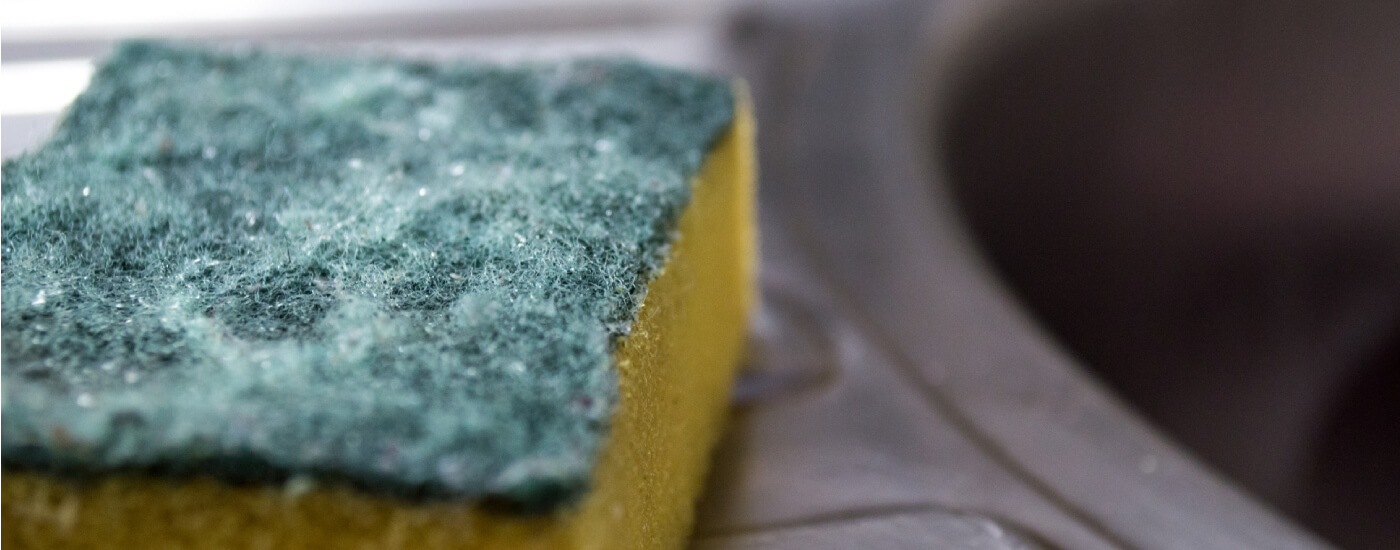Your Local Waste Disposal Center Will Deal with the Powerful Stuff
Although some cleaning products are safe to discard in the trash, other types of waste can be too hazardous and dangerous to throw out with the rest of your waste. Some cleaning products need to be handled safely with how they’re thrown out once they’ve been used to remove dirt and grime in your home. Many people forget that local waste disposal centers are available in each city where powerful cleaning products can be discarded in a safe way without the risk of having contact with the chemicals. You can protect your health by properly disposing of unwanted cleaning items, which includes toilet bowl cleaners, tile cleaners, rust removers, and carpet cleaners. Experts are readily available to offer assistance and provide you with information on what items can be handed over, which can allow you to avoid fines.
If you’re unsure of what to dispose at a local waste center, read the label on each cleaning product where directions are often provided on how to properly dispose of the item or contact the center. You can also hand over anything that you’re unsure of to be safe.
What to do with Your Empty Cleaning Bottles
It’s common to have empty cleaning bottles that are left over after they’ve been used, whether you’ve been spraying your home with anti-bacterial products or have an empty bottle of window cleaner. Although it may be tempting to toss the bottles in the trash, they can often be recycled to prevent excess waste from ending up in landfills. Thoroughly wash out the bottles before they’re recycled to remove all chemicals. Check with your community recycling center to learn what type of paperboard, plastic, or metal containers they accept before discarding everything.
Most empty cleaning bottles can also be repurposed and reused around the house to ensure that you can extend their lifespan without throwing them away. Some bottles are safe to give to pets for chew toys due to their durable construction. Other types of bottles or containers can be used for organizing different types of supplies or materials in your office or a kitchen. Empty bottles can also be filled with water and stored in the freezer to be used as homemade ice packs to keep food cold in coolers while traveling with food or beverages. Avoid filling the empty bottle to the top because the water will expand once it freezes.
Homemade scoops are an additional product that can be made out of bottles to be used for cleaning out the litter box or scooping out leaves in the rain gutter. Use scissors to create the size of scoop that is needed and cut out a handle to make it easy to grip.
Using glass bottles and making your own cleaning products can also reduce your waste to avoid having an excess of plastic bottles on hand. Glass bottles are safer for the environment and can last a lifetime.
Don’t Have a use for a Product Anymore? GIve it a Second Life By Donating!
One man’s trash is another man’s treasure when it comes to used items. If you own an item that is still in good condition but is no longer needed, consider donating it to ensure that someone else can get plenty of use out of the product without having it go to waste. You can extend the lifespan of the product by finding a donation drop-off center in the local area where the item will be sold at a low price to the public or donated to a local charity for those in need. Donating your items can also allow you to take advantage of tax advantages that are available when donating to a qualified charitable organization.
Cat Litter Soaks Up Paint
Disposing of old paint can be a complicated process and is not as simple as throwing it in the trash once you’re done with it due to messes that can occur. Many people make the mistake of throwing away paint, which can cause the chemicals to leak out and create a hazardous mess. Oil-based paints should be dropped off at hazardous waste centers to protect your health and prevent spills from occurring once they’re discarded. If there’s still leftover paint in the can after it’s been used, opt for adding kitty litter to the container, which will absorb the liquid and can make for a mess-free clean-up process. Allow the bucket of paint and kitty litter to sit outside in the sun for one to two days to ensure that it thoroughly dries. The can is now ready to be tossed out with the rest of your trash for easy clean-up.
If you want to avoid potential fines, uncap the paint can to ensure that sanitation officers can check to see that you’re in compliance with regulations that are enforced by the state.
Figure Out how much You Need to Buy and What You’ll Use
If you want to reduce your waste in advance and only use what is needed for your cleaning project, calculate how much product you need to purchase for the specific area that you plan to clean before heading to the store. You’ll not only save extra money but can avoid having to toss out extra products that aren’t used to reduce your carbon footprint.
Buying concentrated products in smaller packages can also limit waste and conserve resources. Combination cleaning items that perform multiple functions are also a more eco-friendly option and can cut down on your time cleaning each week. Using refillable containers for your cleaning products will also prove to be a green option. You can also look to only buy cleaning items that are constructed out of recycled products to reduce your carbon footprint as a consumer.
Meta description (160 characters): Learn how to properly dispose of different types of cleaning items and chemicals that are used in the home to avoid harming the environment with your waste.



